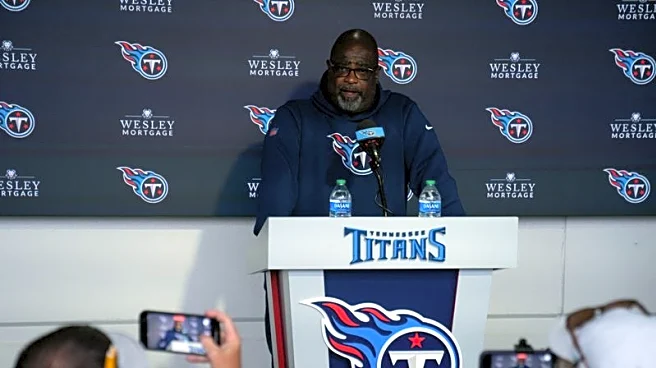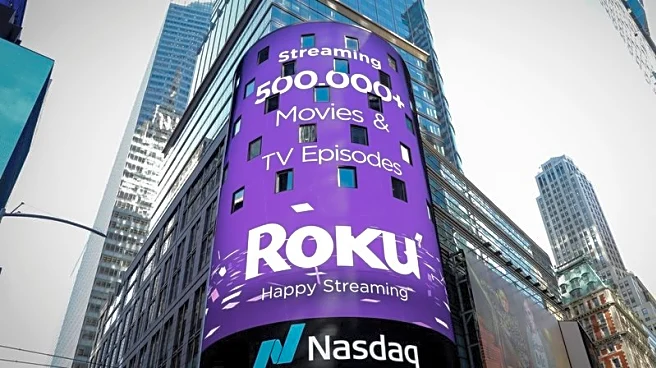What's Happening?
Generic drug and active pharmaceutical ingredient (API) manufacturers are urging the U.S. government to implement incentives to encourage domestic production. This call comes as President Trump has signed executive orders aimed at regulatory relief and supply
chain resilience. Industry leaders, such as Kevin Webb from the API Innovation Center, argue that low prices for generic drugs have driven production overseas, threatening the U.S. manufacturing base. The FDA has proposed a PreCheck program to facilitate building new facilities in the U.S., but industry representatives like Kamaal Anas from B. Braun Medical suggest that more substantial economic incentives, similar to those in the CHIPS and Science Act for semiconductors, are necessary to sustain domestic production.
Why It's Important?
The push for onshoring incentives is crucial as it addresses the sustainability of the U.S. pharmaceutical manufacturing sector. The current model, which relies on low-cost production overseas, poses risks to supply chain stability and quality assurance. By incentivizing domestic production, the U.S. could enhance its pharmaceutical supply chain resilience, ensuring a steady supply of essential medicines. This move could also protect jobs and stimulate economic growth within the country. However, achieving this requires significant policy changes and financial commitments from the government, similar to those made for the semiconductor industry.
What's Next?
The next steps involve legislative action, as industry leaders and trade groups push for Congress to consider targeted subsidies and grants for the pharmaceutical sector. The outcome of these discussions will determine whether the U.S. government views the pharmaceutical supply chain as strategically important as semiconductors. If successful, these measures could lead to increased domestic production capacity and a more robust pharmaceutical industry in the U.S.
Beyond the Headlines
The broader implications of this development include potential shifts in global pharmaceutical manufacturing dynamics. If the U.S. successfully implements onshoring incentives, it could set a precedent for other countries to follow, potentially leading to a more localized and diversified global supply chain. This could also impact international trade relations, particularly with countries currently dominating generic drug production.

















